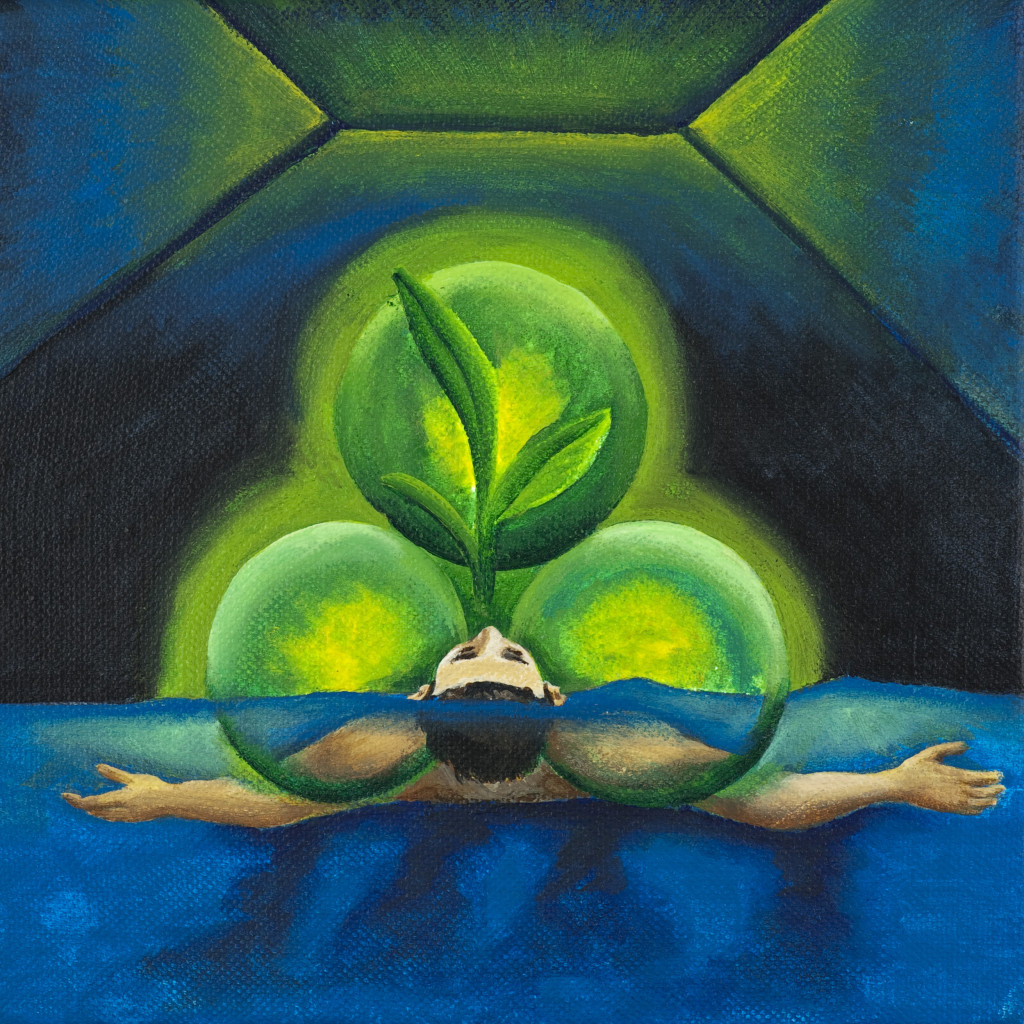A float tank contains a lot of epsom salt. Like, a lot a lot. Eight hundred to a thousand pounds each, to make the water so dense you literally can’t help but float.

People sometimes wonder, though, why epsom salt? It’s hardly the easiest thing we could lay our hands on in bulk. Most importantly, it’s harmless to soak in for long periods, and it doesn’t cause the itchy, pruny feeling you get from soaking in sea salt. But there are other benefits.
Epsom salt is called that because it was first produced from natural springs at Epsom, England, around 1618, and from 1695 chemists and pharmacies were selling purified “bitter salts” all over England. For three hundred years since it’s been used to cure just about anything, from muscle aches to skin health, foot odor, wrinkles, psoriasis, eczema, mosquito bites, bruises, inflammation, hangovers, migraines, constipation, and the common cold.
Do any of these really work? Let’s look at the science.



